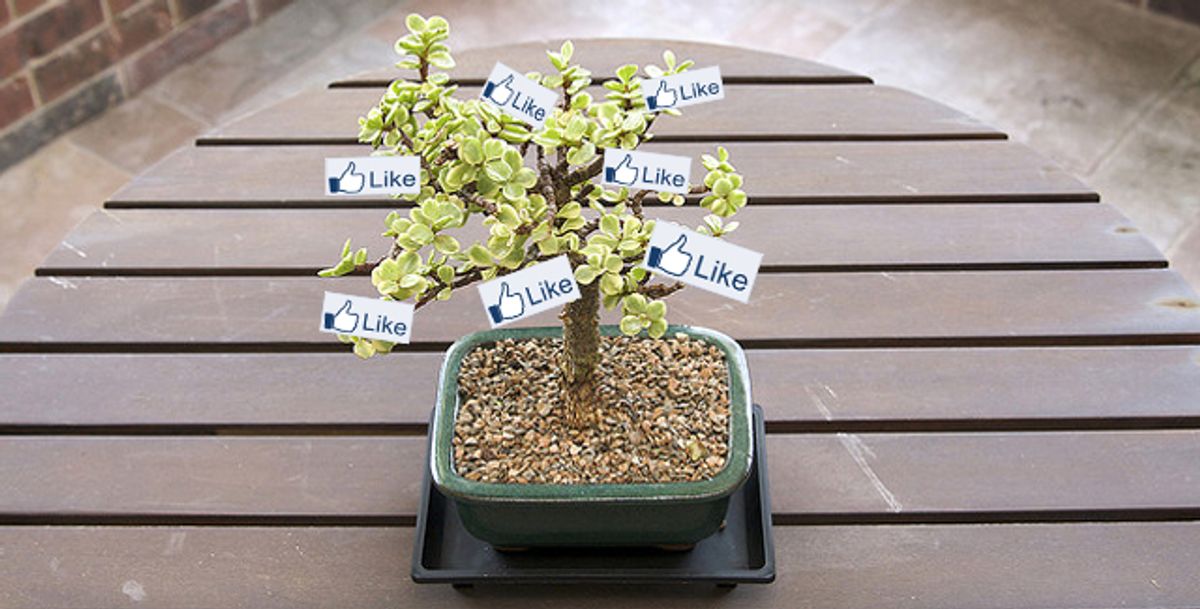Death hoaxes are nothing new. They have been around since before the Internet even existed: those of you who are old enough might remember the Beatles and the endless number of rumors that circulated around Paul McCartney's supposed untimely death.
Death rumors spring from a multitude of reasons. Hoaxers may want attention, a sense of importance garnered from watching their misinformation take off, or they may be bored or mentally ill — and their rumors reach a tipping point and spread, as many bits of misinformation do, like a game of Telephone, in which one person whispers a message to another until the receiver at the end of the chain announces what they have heard, which usually differs dramatically from the original.
Today, with the advent of view-based and click-based advertising that proliferates on the web, professional misinformers thrive. If you can make information salacious enough or believable enough, you can guarantee that it will get passed around via social media, sometimes for months or years. If it is accompanied by an official-looking photograph or numbers, so much the better: many people will inadvertently pass around misinformation or disinformation without bothering to check into it, or even read past the headline ... which is, of course, where we come in.
But why shouldn't you click or share? Where's the harm in it?
One reason is "like-farming." Facebook's algorithms in particular emphasize popular content, and therefore gathering "likes" and "shares" receives a high premium. Sometimes, it's just an annoyance — maybe that kid really does want a hundred thousand "likes" so that a Victoria's Secret model will go to a school dance with him, so he's inundating people with appeals (although that's doubtful at best) — but more often, the intent is scammy. Like-farmers will gather clicks, which denote popularity, then scrub the original content and replace it with something else (usually a scammy ad of some sort) to bypass Facebook constraints. Facebook has moved to quash this behavior by adjusting their algorithms, but of course, some scammers' efforts always get by the online gatekeepers.
And then there's clickbait. That tantalizing snippet of information where you have to click past the summary in order to read the rest of the story? That's clickbait, and it's nearly an art on Facebook and Twitter. It's also called response-farming, and according to Consumer Affairs, it's often used by existing, legitimate companies in order to increase their online profiles. It's also used by scammers to direct unsuspecting people to click on their ads — another, more complex form of that like-farming scam. Falling for clickbait can also lead you to malware, which can infest your computer, share things without your knowledge or consent on social media, or worse.
So how does this relate to death hoaxes (or their kissing cousins, non-death-hoaxes, which confidently declare news of any celebrity's passing to be a hoax, complete with made-up quotes)? You can probably figure it out. Any well-known person who dies suddenly or unexpectedly is going to be big news, and it’s a widespread human tendency to want to share that news with others. Telling people they're wrong about some kind of potentially big news is also extremely seductive (we understand.) In the age of a surfeit of information but a dearth of research, the most common way to do that is on social media. Unfortunately, it's also easier than it's ever been to spread around misinformation, deliberately or not, and open yourself and others up to malware or nasty little advertising scams.
So what can you do about it? If you see a headline about someone dying young or in a shocking way, check and double-check it before you share it. If you see a headline claiming that a high-profile death is a hoax, check and double-check it before you share it. Don't trust what you read unless it's from a previously vetted site. Be wary of headlines that appear to be gunning for outrage — outraged clicks translate into web traffic for them. Be skeptical, always question, and always spend a couple of minutes doing your research. Your computer, and your social media accounts, will thank you.
